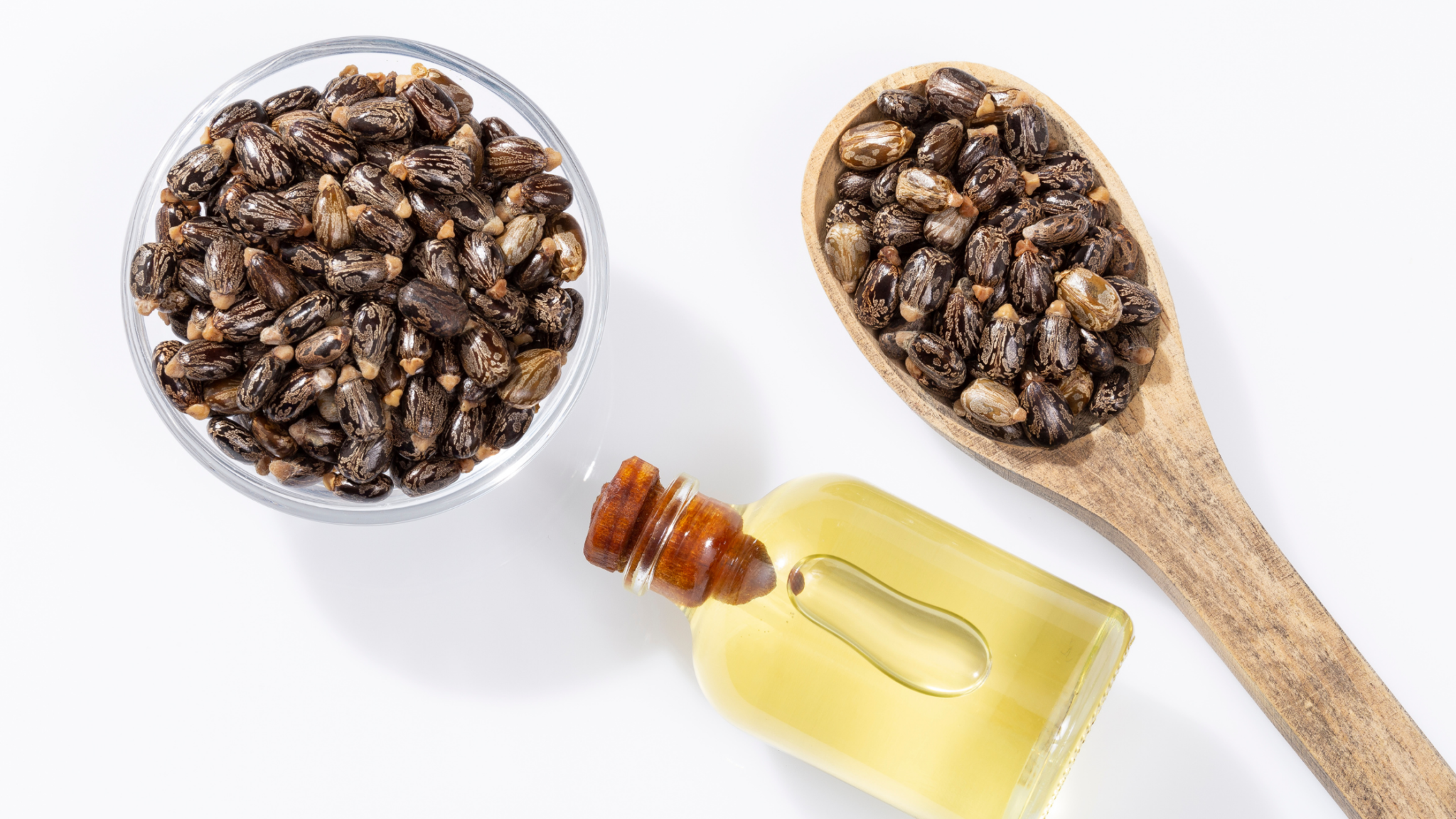Organic castor oil, derived from the seeds of the Ricinus communis plant, has been a versatile beauty and wellness staple for centuries. From ancient Egypt to modern times, this thick, viscous oil boasts a rich history of traditional use. Today, the popularity of organic castor oil is reemerging due to its potential benefits for hair, skin, and overall health. Let’s explore what makes this natural oil stand out, its uses, and considerations for adding it to your wellness routine.
What is Organic Castor Oil?
Castor oil is a vegetable oil obtained by pressing the seeds of the castor bean plant. Organic castor oil specifically comes from plants grown without synthetic pesticides, herbicides, or fertilizers. The primary component of castor oil is ricinoleic acid, a unique fatty acid with potent anti-inflammatory properties. It may also contain varying amounts of other beneficial nutrients like vitamin E and omega fatty acids.
Types of Organic Castor Oil
- Cold-Pressed: The most common and desirable form, as it’s extracted without heat, preserving its nutrients.
- Jamaican Black Castor Oil: Made by roasting castor beans, this type has a dark color, smoky scent, and alkaline pH, thought to be useful for specific hair care needs.
- Hydrogenated Castor Oil: Not as frequently used in topical applications, this form often appears in industrial products or cosmetics.
Benefits of Organic Castor Oil
The following areas highlight the potential benefits of organic castor oil, backed by both traditional use and emerging scientific research:
- Hair Care:
- Promotes Hair Growth: Massaging organic castor oil on the scalp may improve blood circulation and nourish hair follicles, potentially contributing to thicker, healthier hair.
- Combat Dandruff and Scalp Conditions: Anti-inflammatory and potential antifungal properties might soothe itchy, flaky scalp conditions.
- Conditions Hair: Castor oil adds a smooth, glossy look, taming frizz and aiding manageability.
- Skincare
- Moisturizing and Skin Healing: Its deeply hydrating and anti-inflammatory effects aid dry, irritated skin and potentially promote wound healing.
- Combats Acne: Ricinoleic acid may work to reduce acne-causing bacteria.
- Fights Signs of Aging: Antioxidant properties can help protect the skin from damaging free radicals, which contribute to premature aging.
- Health
- Laxative Effect: Traditionally used for occasional constipation. However, medical consultation is important to identify the underlying cause.
- Joint Pain and Inflammation: Topical application, especially warm castor oil packs, may reduce inflammation and soothe sore muscles or joints.
How to Use Organic Castor Oil
- Hair: Apply a small amount to scalp and hair. Can be left on overnight or rinsed out after a few hours.
- Skin: Apply directly to cleansed skin or utilize it as a carrier oil for essential oils.
- Constipation: Only use when advised by a healthcare professional and ensure proper dosage.
Safety and Precautions
- Allergic Reactions: A patch test is advisable before widespread use, especially for sensitive skin.
- Pregnancy and Breastfeeding: It’s generally best to avoid internal use of castor oil during these phases.
- Medication Interactions: Castor oil may interact with certain medications, so consult a doctor before use.
Organic Castor Oil in the News
- Sustainability Focus: The demand for organic and ethically-sourced castor oil highlights a growing preference for natural and sustainable ingredients.
- Evolving Applications: Innovative research explores its use in wound dressings and as a carrier for targeted drug delivery.
Is Organic Castor Oil Right For You?
With its versatile applications and potential benefits, organic castor oil is an accessible and often affordable addition to a natural wellness routine. While promising, remember that castor oil isn’t a cure-all. Consult a doctor for serious conditions.
